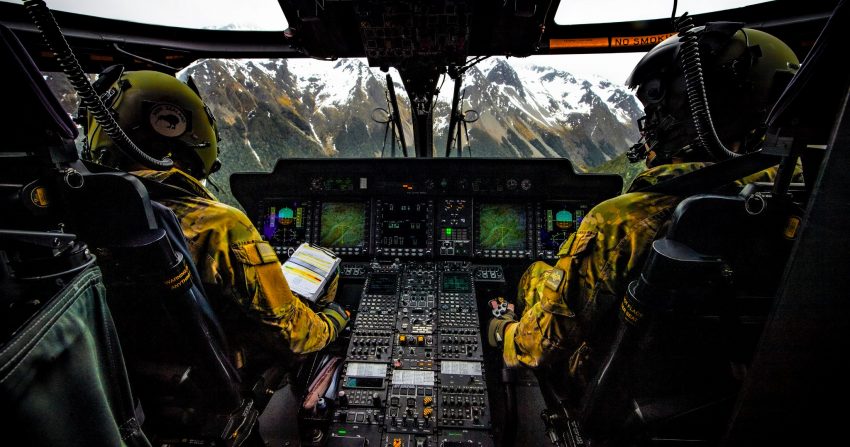New Zealand’s government has confirmed it is discussing joining the non-nuclear part of the AUKUS alliance founded by Australia, the UK and U.S.
“We have been offered the opportunity to talk about whether we could or wish to participate in that pillar two [non-nuclear] aspect of it,” said Andrew Little, the New Zealand defence minister. “I’ve indicated we will be willing to explore it.”
It comes a week after New Zealand’s foreign minister, Nanaia Mahuta, visited top Chinese diplomats, who raised concerns at the military tie-up between Australia, the UK and the U.S, which is centred on Australia receiving nuclear-powered navy submarines.
A second “pillar” to the three-part deal covers the sharing of advanced military technologies, including quantum computing and artificial intelligence.
New Zealand has not been offered the chance to join pillar one, nor would it accept, due to its anti-nuclear position. Little said any AUKUS membership “could not compromise our legal obligations and our moral commitment to nuclear-free”.
“[AUKUS membership] would be about the kind of technology … needed to protect defence personnel,” he said. “Usually domain awareness, so surveillance technology, and radio technology that allows us to do that.”
Little met this month with Kurt Campbell, the U.S national security coordinator for the Indo-Pacific region.
During her visit to Beijing last week, Mahuta said, Chinese officials made clear their concerns.
“They acknowledged our position on the matter. We’re not a part of those arrangements,” Mahuta said.
New Zealand has other concerns about AUKUS, including that it may jeopardise the treaty of Rarotonga, which designates large areas of the Pacific free of nuclear weapons.
“Our concern is not to see the militarisation of the Pacific, that the treaty of Rarotonga be upheld, and that’s the basis upon which our assurances from Australia have been gained in relation to those arrangements,” Mahuta said.
China is strongly against AUKUS, with foreign ministry spokesperson Wang Wenbin outlining China’s “severe concern and firm opposition.”
It is not clear whether China holds the same concerns regarding non-nuclear parts of AUKUS.
Last week, the New Zealand opposition foreign affairs spokesperson, Gerry Brownlee, raised his own concerns about whether AUKUS might make it harder for Anzac forces to operate together.
On Tuesday, he walked back his comments, saying he was “certainly not” trying to criticise the deal. “Australia will make decisions for Australia,” Brownlee said.
Little said foreign or local voices against the deal would not be a factor in potential membership. “We as a country and the leaders of the day have to make an assessment about our long-term best interests and what is a rapidly changing world and a rapidly changing region.” The former New Zealand prime minister Helen Clark has said it is not in New Zealand’s interests to be associated with AUKUS.
